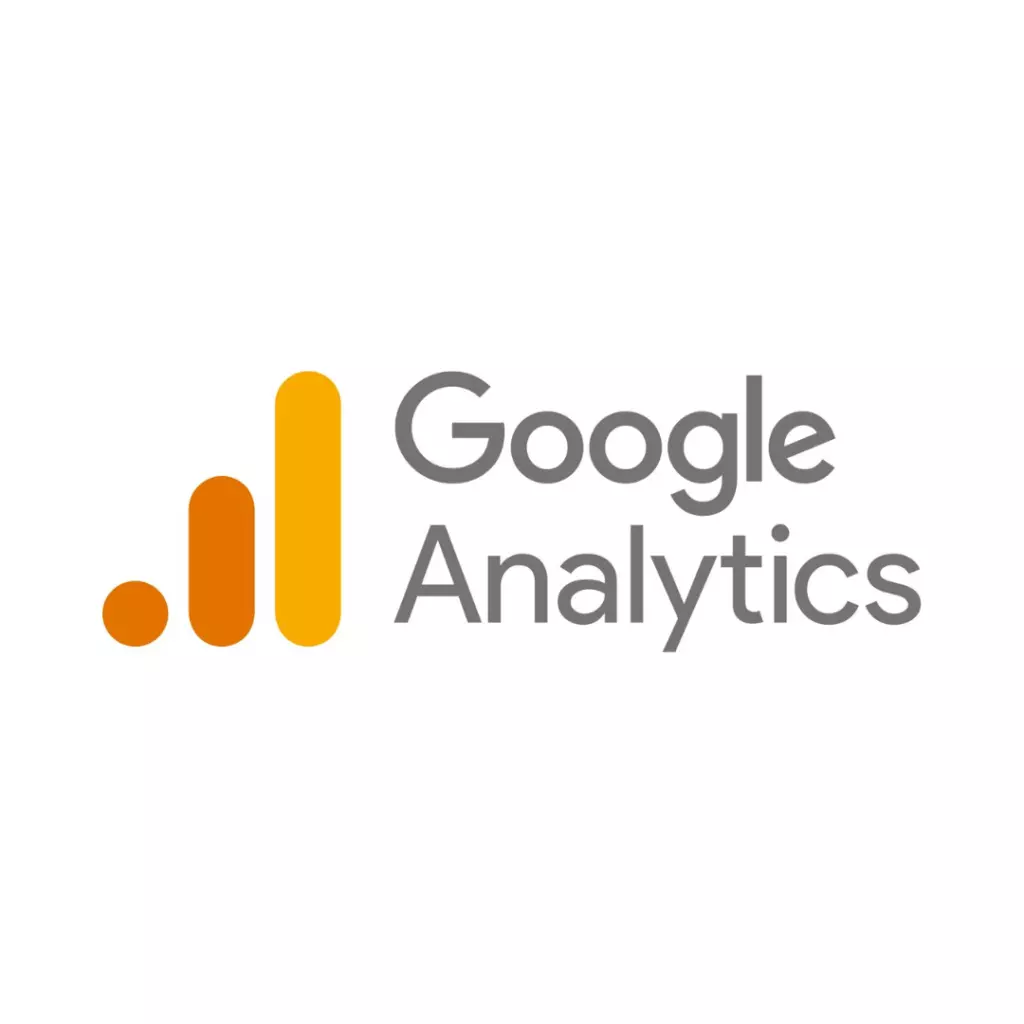Google Analytics is a web analytics service offered by Google that tracks and reports website traffic. It was launched in 2005 and has since become one of the most widely used website tracking tools on the internet. Google Analytics provides insights into how users interact with a website, including how they found the site, how long they stayed, and which pages they visited. With this information, website owners can make informed decisions on how to optimize their site for better user engagement and conversions.
How to Use Google Analytics?
To start using Google Analytics, you need to create an account and add a tracking code to your website. The tracking code is a small piece of JavaScript that you can add to your website’s header or footer. Once the tracking code is installed, Google Analytics begins tracking data about your website’s visitors and their behavior. You can view the data in your Google Analytics account, where you’ll see a dashboard displaying key metrics such as pageviews, unique visitors, and average session duration.
What Features Does Google Analytics Offer?
One of the most valuable features of Google Analytics is its ability to segment your data. This allows you to view data for specific groups of visitors, such as those who came to your site from a particular country or those who visited a specific page on your site. Data segmentation helps you better understand your audience and how they interact with your site. For example, you may discover that a certain group of visitors has a higher bounce rate than others, indicating a problem with your site’s design or content for that group.
What Does Google Analytics Provide?
Google Analytics also provides a wealth of information about your website’s performance, including which pages perform well and which pages need improvement. You can see which pages have the highest bounce rates, the average time spent on each page, and which pages are the most popular. This information can be used to optimize your website for better user engagement and conversion rates.
In addition to website tracking, Google Analytics offers data about your website’s marketing efforts. This includes information about how many conversions were generated from each marketing channel, such as search engines, social networks, and email campaigns. This information can be used to determine which marketing channels are most effective and allocate resources accordingly.
Google Analytics also integrates with other Google products, such as Google Ads and Google Tag Manager. This integration allows you to track conversions from your paid advertising campaigns and add tracking tags to your website without needing to make code changes. This makes it easier to track the performance of your marketing efforts and make data-driven decisions on how to optimize your campaigns.
What Are the Benefits of Google Analytics?
One of the key benefits of Google Analytics is its user-friendly interface. The dashboard is easy to navigate and provides a wealth of information in a clear, understandable format. You can customize the dashboard to display the metrics that matter most to you and set up email reports to be sent to you regularly.
In conclusion, Google Analytics is a powerful tool for website owners who want to understand their audience and improve their website’s performance. Whether you’re just starting out with your website or you’re an experienced professional, Google Analytics provides the data you need to make informed decisions on how to optimize your website for better user engagement and conversion rates. With its robust set of features, user-friendly interface, and integration with other Google products, Google Analytics is a must-have for any website owner.
Follow us on social media:
Instagram: https://www.instagram.com/securemenow/
Facebook: https://www.facebook.com/securmenow
We can help you set up Google. Contact us







